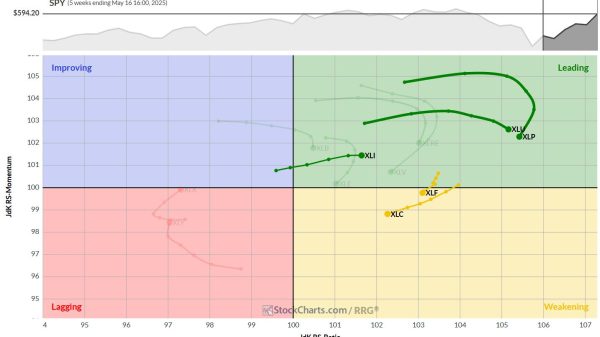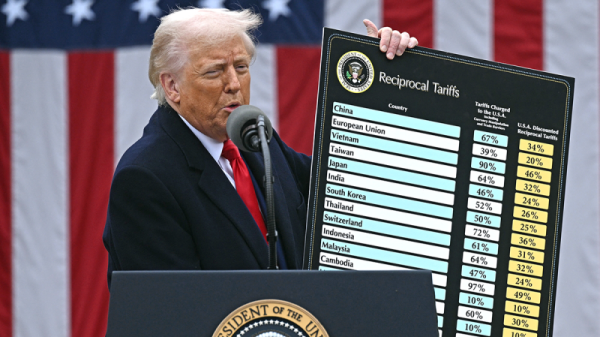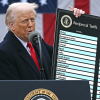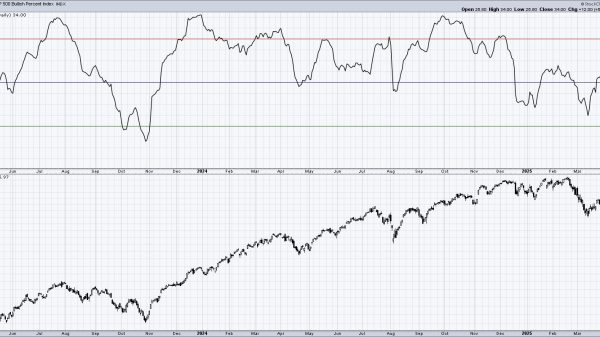On Friday, within mere hours of the House Budget Committee considering a reconciliation bill that threatened to accelerate the already unsustainable US debt increase by another 25 percent (adding $5 trillion to a projected $20 trillion debt increase by 2034), Moody’s issued its US debt downgrade, highlighting that:
Successive US administrations and Congress have failed to agree on measures to reverse the trend of large annual fiscal deficits and growing interest costs. We do not believe that material multi-year reductions in mandatory spending and deficits will result from current fiscal proposals under consideration.
Moody’s decision to downgrade its US credit rating isn’t surprising—it’s overdue. What’s astonishing is that the Republican Congress triggered this move by entertaining a $5 trillion deficit expansion over the next 10 years in the same breath as already running a $20 trillion shortfall over that period.
This isn’t just a warning about long-term debt anymore. It’s a rebuke of a political system that is no longer even pretending to budget responsibly. Adding 25 percent to the national debt on top of a structurally unsound fiscal path is like accelerating toward a cliff and calling it progress.
The downgrade is a signal to markets—and to the public—that faith in US political institutions to manage the nation’s finances is eroding. Moody’s is essentially saying: We no longer believe you’ll course-correct in time.
If Congress wants to avoid a bond market crisis and the higher borrowing costs and inflationary pressures that come with excessive government debt accumulation, legislators need to stop digging. That means no more reckless debt expansions, a sustainable fiscal framework that controls the growth in spending and the debt, and a credible mechanism that enables Congress to change course on the drivers of excessive spending—health care and pension entitlement programs.
It’s time for Congress to set up an independent fiscal commission—a Budget Realignment and Control Commission or fiscal BRAC—to initiate the economically necessary but politically difficult entitlement and tax loophole reforms that are long overdue.
Ignoring credit rating agency warnings doesn’t make them go away. It just brings the nation that much closer to the eventual fiscal crisis.
























